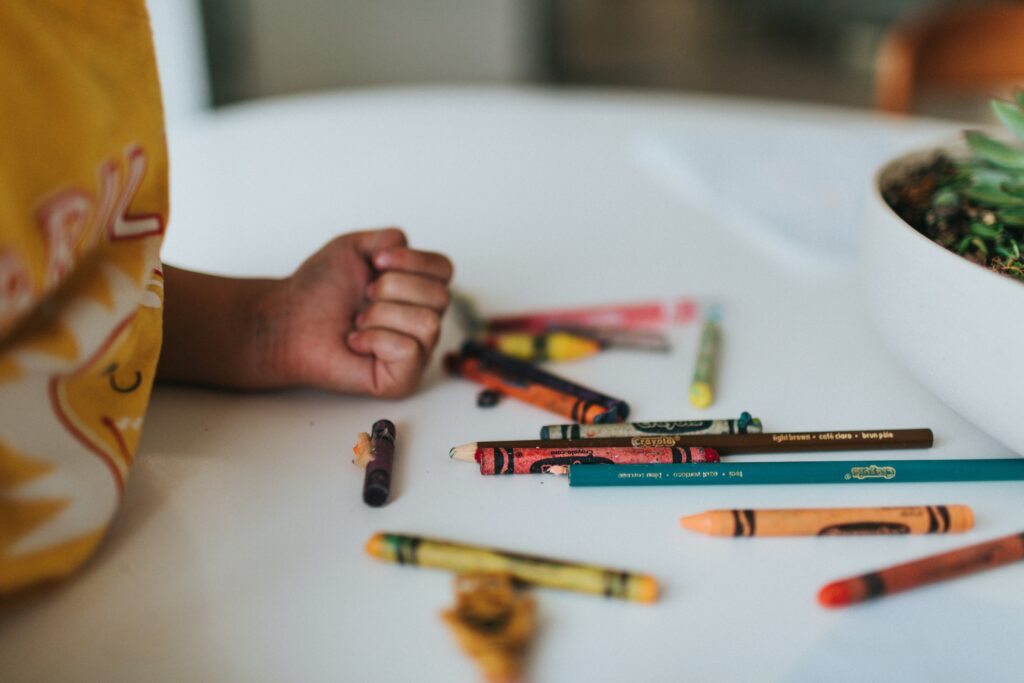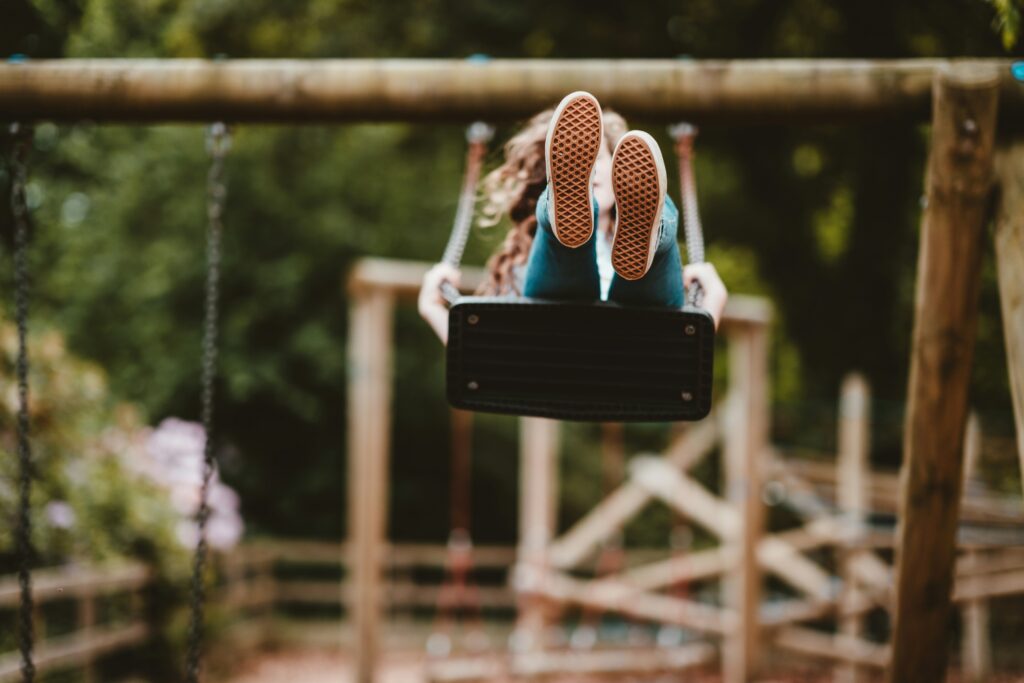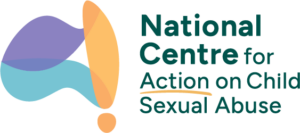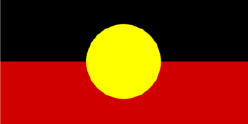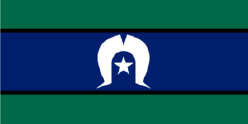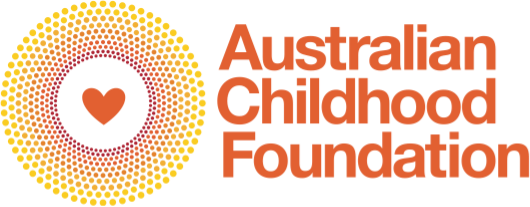This week has seen the circulation of misinformation used in support of Peter Dutton’s calls for a Royal Commission into the sexual abuse of Indigenous Australian children. In one instance, Senator Birmingham incorrectly reported child protection data, which the AAP later fact checked and deemed misleading.
In another, the National Centre became aware of an online article in a publication that misrepresented the same child protection data and—based on their own calculations and interpretation—alleged an incorrect rate at which Indigenous children are sexually abused.
Even more concerning, the author led with a photo of a young, naked Indigenous child that fully exposed their genitalia. While professing to be extremely concerned about the rate at which Indigenous children are sexually harmed in this country.
The image was available on the surface web for easy access, use, and distribution as child abuse material by those motivated to do so.
Despite their claims, the author clearly does not understand nor heed the risk of child sexual abuse when they contribute to the circulation of this image. No consideration was afforded to that child’s privacy, perpetuating repeated harm against them, their family, and community
The National Centre filed a complaint about the article with the Australian Press Council and contacted the publication directly to request the immediate removal of the image, followed by correct citing and interpretation of the data. Thankfully the Editor retracted the entire article in a timely manner.
These two examples are indicative of how poor judgement, misinterpretation of data, and political arguments can detract from the concerted efforts needed to address one of Australia’s current and pressing challenges.
Relying on child protection data to support calls for a Royal Commission is problematic. This data refer only to cases of sexual abuse perpetrated by parent-like caregivers that have come to the attention of, and been substantiated (i.e., proven) by statutory child protection agencies. The statistics exclude child sexual abuse perpetrated by others or abuse that is not yet known or substantiated. It is not an accurate measure of the extent of the broader societal problem, given its narrow definition.
What can be understood from the child protection data is that Indigenous children are over-represented in cases of child sexual abuse perpetrated by a parent-like caregiver substantiated by child protection authorities. That Indigenous children are over-represented in child protection systems is not new knowledge and is something that must be addressed.
In terms of harms experienced by children in the child protection system, the data shows that sexual abuse was the least common type of primary harm to be substantiated for Indigenous children. Emotional abuse, neglect, and physical abuse were all more common.
Moreover—and crucial to the argument against the need for a Royal Commission—Indigenous children were less likely to be the subject of substantiated child sexual abuse cases than non-Indigenous children.
So we question the underlying reasons some are for calling for another Royal Commission targeting Indigenous communities.
Without looking at the right data, we are at risk of believing child sexual abuse happens to other people in other places in other circumstances rather than recognising it happens to people we know, and that we have an active role to play in alleviating the problem.
The recent Australian Child Maltreatment Study (ACMS) found that almost 1 in 3 Australians across the country have experienced child sexual abuse. This data shows that child sexual abuse is an endemic societal problem and not confined to Indigenous populations or remote communities.
Leading experts including Professor Helen Milroy highlighted in the National Centre’s recent In Conversation webinar, that the sexual abuse of children is everyone’s problem. It is an Australia-wide problem that requires a national focus.
There have already been inquiries into the exact proposed issue and we released a media statement rejecting Peter Dutton’s call for another Royal Commission. Instead, we urge action on the many findings and recommendations from previous inquiries into child sexual abuse.
Comprehensive, coordinated and well-funded action across Australia is needed, and will benefit all children in Australia, including indigenous children.

